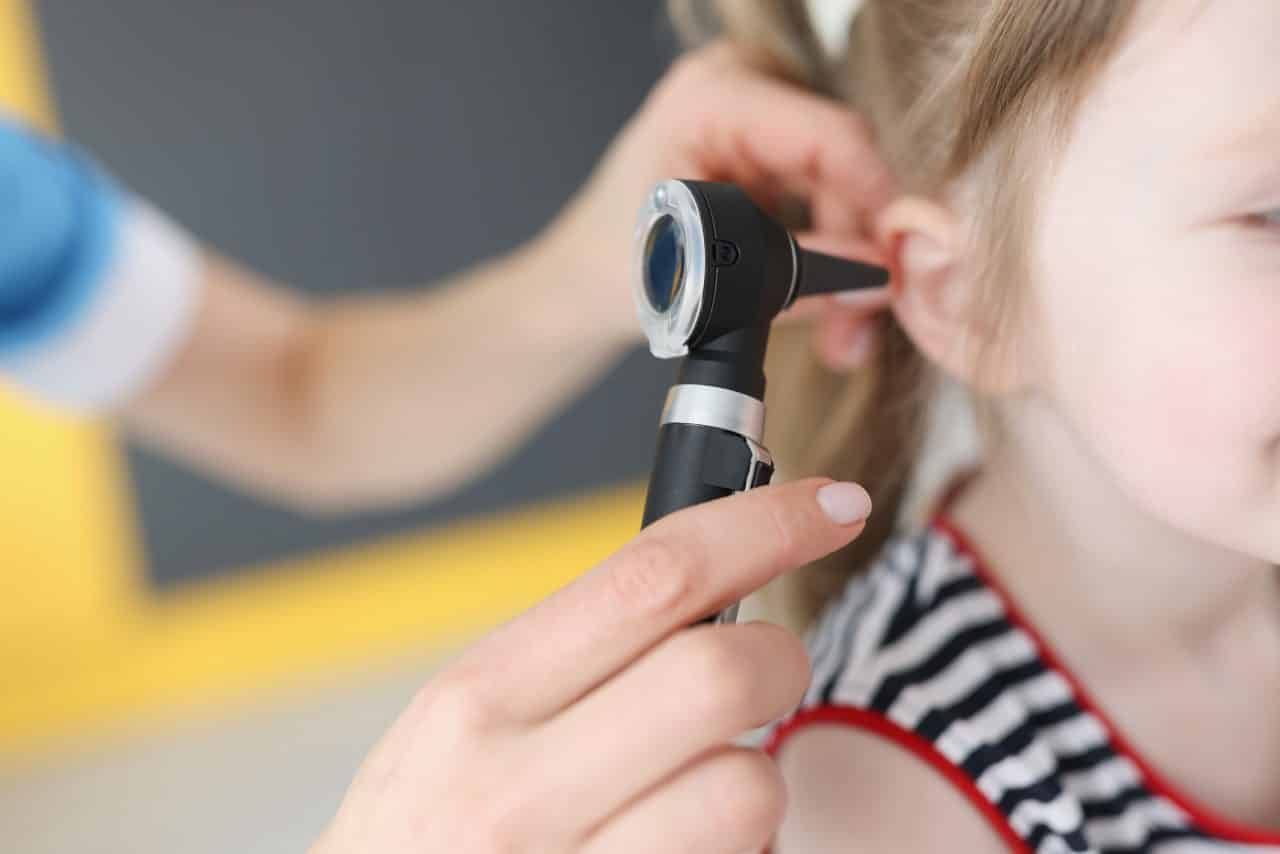If your child has hearing loss, you’re probably aware of the many difficulties they face. One in particular backed by research is behavioral difficulties. Below we explore what the research shows about hearing loss and behavior problems, why the link, the other signs of hearing loss and what treatments are available.
What the Research Shows

One 2017 study published in Otology & Neurotology compared the prevalence of disruptive behavior problems between preschool-aged children with hearing loss to those with normal hearing.
Researchers worked with children age two to five in a tertiary academic center like Edu Learning Center. Thirty-nine had normal hearing, 29 wore hearing aids and 21 had cochlear implants. The researchers collected demographic information and mental health histories and also assessed behavior and language development.
The study authors reported, “Children with hearing loss have higher prevalence of and impairment from disruptive behaviors than their NH peers.” They also claimed, “These children are less likely to receive appropriate behavioral interventions.”
Why the Link?
There are thought to be several reasons behind the link between hearing loss and behavior problems. One of them is that 90% of deaf children are born to hearing parents, and most hearing parents are not prepared to communicate with their deaf child in an accessible way. In addition, children with hearing loss tend to develop understanding of social interaction later than children with normal hearing, which can be frustrating for them. Finally, many children with hearing loss are educated in mainstream schools, which are often not equipped to accommodate this disability.
Other Signs of Hearing Loss
In addition to behavior problems, some other signs of hearing loss in toddlers and school-aged children include:
- Trouble understanding what people are saying
- Speaking differently than others their age
- Not responding to their name
- Misunderstanding questions/responding inappropriately
- Turning up the TV volume very loud
- Saying “huh” or “what” frequently
- Watching faces intently (lip-reading)
- Experiencing academic problems
- Being flagged for a learning disability
- Complaining of earaches or phantom noises
Hearing Loss Treatment Options
Some treatment options for childhood hearing loss include:
- Hearing aids. These devices work by amplifying sounds to a level the wearer can detect.
- Cochlear implants. These are recommended for children with more severe hearing loss who don’t respond well to hearing aids. They work by bypassing the damaged parts of the ear.
- Bone-anchored hearing aids. These devices work by using bone conduction to transfer soundwaves to the inner ear and are mostly recommended for children with single-sided deafness.
- Speech therapy. Speech therapy can help your child achieve speech-language milestones alongside their peers.
To learn more or to schedule an appointment for a hearing test, call San Diego ENT today.